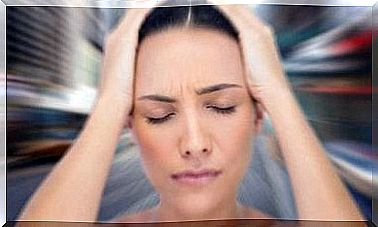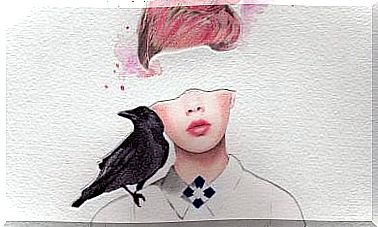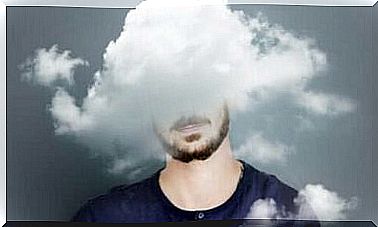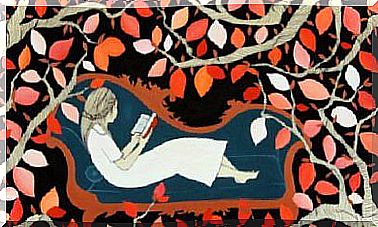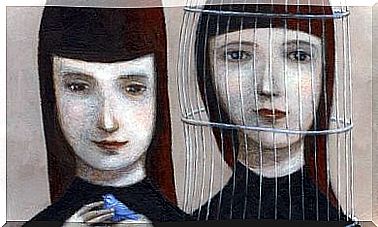Insomnia: A Real Night Monster

Many children are afraid of the dark and the monsters that may be hiding in the dark. Those who hide under the bed, and may kidnap you when you sleep heavily, or shout at you when you wake up in the middle of the night and cross their path. Fortunately, these monsters that belong to childhood are just fantasy, but there are real monsters that appear in the evening, both for adults and for children: we call it insomnia, or insomnia.
Insomnia is a sleep disorder. There are two different types of sleep disorders: dyssomnia and parasomnia. In dyssomnia, the amount, quality and sleep pattern are affected. In parasomnia, abnormal things happen while you are sleeping, such as nightmares. Insomnia is categorized as a form of dyssomnia.
What is insomnia and how does it manifest itself?
Although most people are familiar with the idea of ”good and bad sleepers” and different sleep patterns (whether you are an A-person or a B-person), there are clear indicators of what insomnia is. The most common and obvious sign is the discomfort that the person experiences in their daily life which is caused by lack of sleep, which occurs for various reasons, usually related to their own habits.
To distinguish between a transient difficulty in getting enough sleep and insomnia, the specialists say that the problem must last for 3 or more nights per week, over a period of at least 3 months.
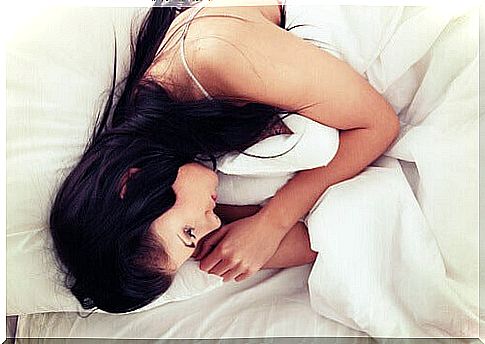
As we mentioned earlier, insomnia is a sleep disorder in the category of dyssomnia, where there is a persistent difficulty or inability to fall asleep and fall asleep. These people also tend to wake up early even though they have fallen asleep late.
How to distinguish between insomnia and other sleep disorders?
As a type of dyssomnia, people with insomnia do not experience strange phenomena when they have actually fallen asleep, but they struggle with their amount, quality and sleep pattern.
To distinguish between insomnia and other similar disorders, you must first know a little more about them. Although all sleep disorders share the same main problem, they are not caused by the same thing and are not treated equally. Let’s list some sleep disorders:
- Disorders related to breathing during sleep, such as sleep apnea or alveolar hypoventilation.
- Hypersomnia such as Kleine-Levin syndrome.
- Narcolepsy.
- Problems related to one’s circadian rhythm, such as delayed sleep, jet lag, shift work etc.
- Unspecified disorders such as Restless Leg syndrome or nocturnal seizures.
- Disorders that are related to the intake of substances that have an effect on the quantity and quality of your sleep (such as caffeine, medication or drugs).
- Secondary sleep disorders related to other disorders or diseases.
Once you have rejected all of these other causes, you can be sure that you have insomnia that is not caused by any other organic cause or mental illness. Sometimes insomnia can develop as a result of depression, for example, and this type of insomnia should be treated in other ways than if insomnia is the only problem.
The effects of insomnia
A lack of sleep can make you completely furious when you suffer from it. Not only are you tired all the time, but the lack also results in apathy, lack of concentration and increased irritability. Getting too little sleep has a direct impact on your energy level, for obvious reasons. This in turn can affect work and conditions.
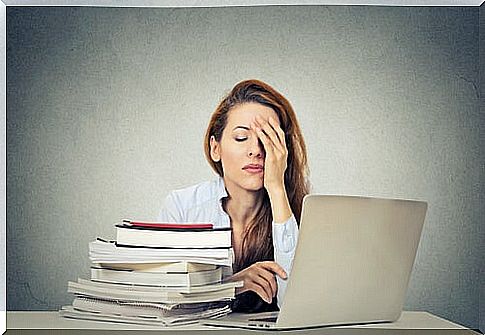
A lack of sleep can also affect your reaction time, your ability to learn something and your memory. Although many celebrities have described themselves as night people, do not be fooled. If they do not get enough sleep during the night, they may get enough sleep during the day, although this is not common for most people.
Also remember that certain jobs have a flexible framework: writing is not the same as driving a bus. In one case, not getting enough sleep is not so important, but in the other case, getting too little sleep can have fatal consequences.
The best treatments for insomnia
If you are experiencing a severe period of insomnia where you are not allowed to sleep for many days, your GP may prescribe benzodiazepines or sleeping pills. The latter are preferable since they last for about 5 hours, resulting in a lesser chance of becoming addicted.
However, these medications are just a patch for insomnia, because it is caused by many different environmental and behavioral factors. Therefore , it is best to consult a clinical psychologist with experience in a cognitive behavioral approach to insomnia. The most common techniques they use are:
- Stimulus control: This involves controlling the temperature and noise level of the place where you sleep, and avoiding spending time in this place to do activities other than sleeping, such as studying or watching movies. However, it is recommended to read before going to bed, as this is an activity that makes you sleepy. However, you should not try to read while in bed.
- Sleep Restrictions: This is a technique developed by Spielman. It involves setting limits on how many hours of sleep you get in a few days, until you become so exhausted that you fall asleep at a more appropriate time. Sleep should not be reduced to less than 4 hours.
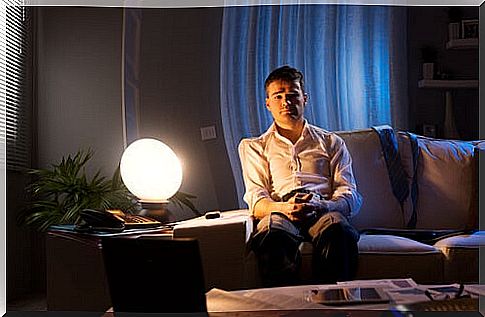
- Paradoxical intention: this involves doing the opposite of what you want. If you think you should sleep, you should rather think that you stay awake. It has been proven that this paradoxical cognitive struggle will eventually end with you being able to sleep.
- Relaxation techniques such as autogenic training and progressive relaxation.
- Sleep hygiene: reading up on information related to good sleep habits (such as reducing caffeine intake, playing sports, getting good nutrition or avoiding alcohol).
